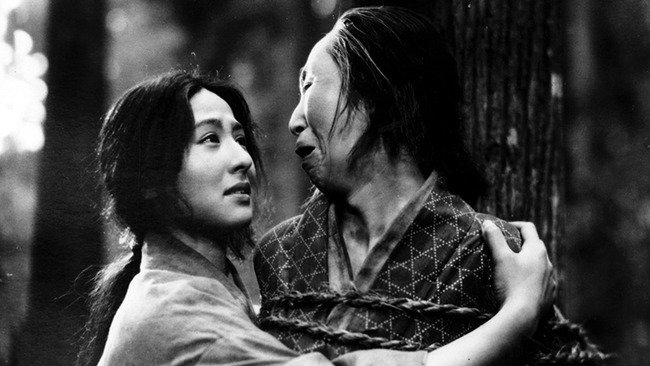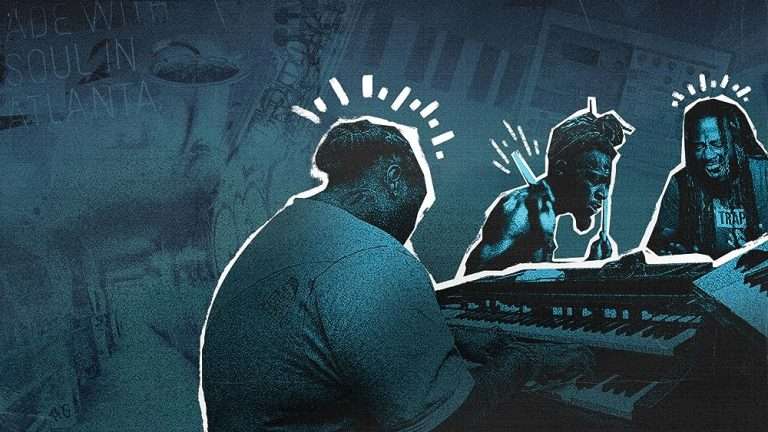Indraadip Dasgupta’s Grihapravesh (2025) is billed as a tribute to filmmaker Rituparno Ghosh. The premise also has promise: a chamber drama soaked in the emotional turbulence of a woman wronged by fate, yet stoically carrying the weight of duty. But the film ends up as an overly sentimental patchwork. It tries to honour an auteur’s legacy but never quite taps into the heart of what made his cinema so powerful.
The story revolves around Titli (Subhashree Ganguly, delivering what might be the most defining performance of her career), a young woman left adrift emotionally and socially after her husband walks out just a week into their marriage. With nowhere else to go, she continues to live with her ageing in-laws — played by Kaushik Ganguly and Sohini Sengupta — assuming the roles of caregiver, daughter, and emotional anchor in their lives. There’s a quiet grace with which Titli inhabits her grief, never allowing self-pity to eclipse her sense of responsibility.
The story takes a turn with the arrival of Meghdoot (Jeetu Kamal), an enigmatic paying guest whose presence disrupts the household’s fragile sense of normalcy. For Titli, though, he brings a flicker of something she hasn’t felt in a long time: hope. A gentle bond begins to grow between them, offering her a glimpse of love once more. But just as she dares to let herself believe in a new beginning, the truth begins to surface. Meghdoot, it seems, isn’t quite the man he pretended to be.
The film attempts to be many things — a feminist fable, a character study, a layered tribute to the late Rituparno Ghosh — but it never quite coalesces into a cohesive whole. It’s a case of the parts being more striking than the sum. One can sense that Dasgupta envisioned the film as an emotional tapestry — woven with aesthetic finesse and thematic heft — but instead, it feels like a patchwork of standalone scenes that don’t speak to each other.
There are moments of undeniable beauty: a lingering camera on Subhashree’s face as she watches raindrops hit the windowpane; the wordless exchanges between Titli and Meghdoot that say more than any dialogue could; a delicately composed dinner-table scene that evokes the domestic melancholy of Ghosh’s “Chitrangada.” Yet these scenes often exist in isolation, like carefully curated memories of better films, devoid of the emotional scaffolding that made Ghosh’s cinema so immersive.
Herein lies one of Grihapravesh’s most disquieting failures: its treatment of queerness not as a lived identity but as a narrative twist. Meghdoot is a closeted gay man, and the film implies that he was once the secret lover of Titli’s absent husband. Rather than explore this complex, layered history of queer love in a repressive society, “Grihapravesh” flattens it into a heteronormative fantasy. Meghdoot, despite being a queer man, is projected as a potential romantic saviour for Titli — a fantasy figure inserted into her life to provide emotional validation.
Meghdoot is never granted narrative agency. His desires, fears, and heartbreaks are seen only through Titli’s lens. We are told how he fits into her story; we are never allowed to see his own. Even more troubling is the character of Shaon—Titli’s husband and Meghdoot’s former lover, whose queerness is filtered entirely through the trope of betrayal.
The emotional damage that comes from societal repression is reduced here to a woman’s wounded pride. The story implicitly asks us to sympathize with Titli for being “deceived,” while rendering the queer characters as guilt-bearing men whose very identities are framed as sources of pain for the women around them. This kind of framing — queer as deception, queer as obstacle — is not just outdated; it is harmful.
Rituparno never used queerness as a plot twist. His films gave voice, depth, and narrative agency to queer characters. They were not tragic props or emotional redemptions for others; they were protagonists in their own right, asking difficult questions about society and of themselves. “Grihapravesh,” despite its aesthetic nods to Ghosh’s world, fails to understand this most fundamental aspect of his work.
One cannot help but wonder, how can a film dedicated to Rituparno Ghosh lack nuance? Where is the emotional ambiguity, the layered characterisation, the delicate unraveling of gender and grief? Ghosh’s films were not just aesthetically rich, but psychologically astute. “Grihapravesh” gestures toward these qualities, but lacks the emotional vocabulary to truly inhabit them. It is, at best, a reverent pastiche.
That said, the film’s one true triumph is Subhashree Ganguly. She imbues Titli with quiet dignity, her eyes often conveying what the script struggles to articulate. Her performance is restrained yet emotionally resonant — a far cry from her earlier commercial outings.
Subhashree has, over the past few years, consistently reinvented herself, and “Grihapravesh” is further proof of her evolution as a serious actor. The supporting cast is uniformly competent, with Kaushik Ganguly and Sohini Sengupta anchoring the emotional subtext of the household. Rudranil Ghosh, as Titli’s brother-in-law, remains underused. A subplot involving his character resorting to siphoning off money was extremely ludicrous, something we are habituated to seeing in daily soaps.
What redeems the experience is the cinematography by Pratip Mukherjee. The house itself becomes a character, its confined spaces and muted lighting reflecting the inner world of Titli. The background score, by Dasgupta, is overused and often manipulative, undercutting rather than enhancing the emotions. “Grihapravesh” is frustrating not because it is entirely bad, but because it could have been so much more. It is a film that feels written in fragments, directed with affection but not enough precision.






![The Blood of Wolves [2018] : ‘NYAFF’ Review](https://79468c92.delivery.rocketcdn.me/wp-content/uploads/2018/07/THE_BLOOD_OF_WOLVES_NYAFF_HOF1-768x512.jpg)